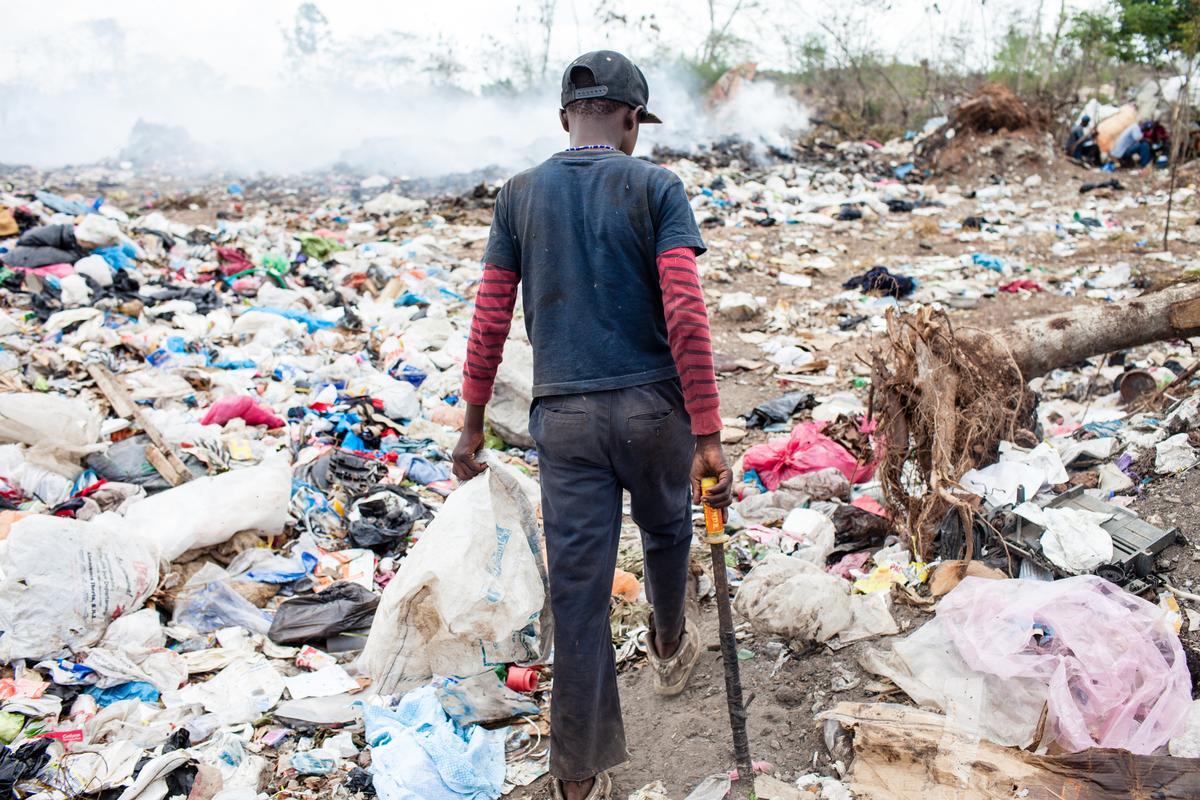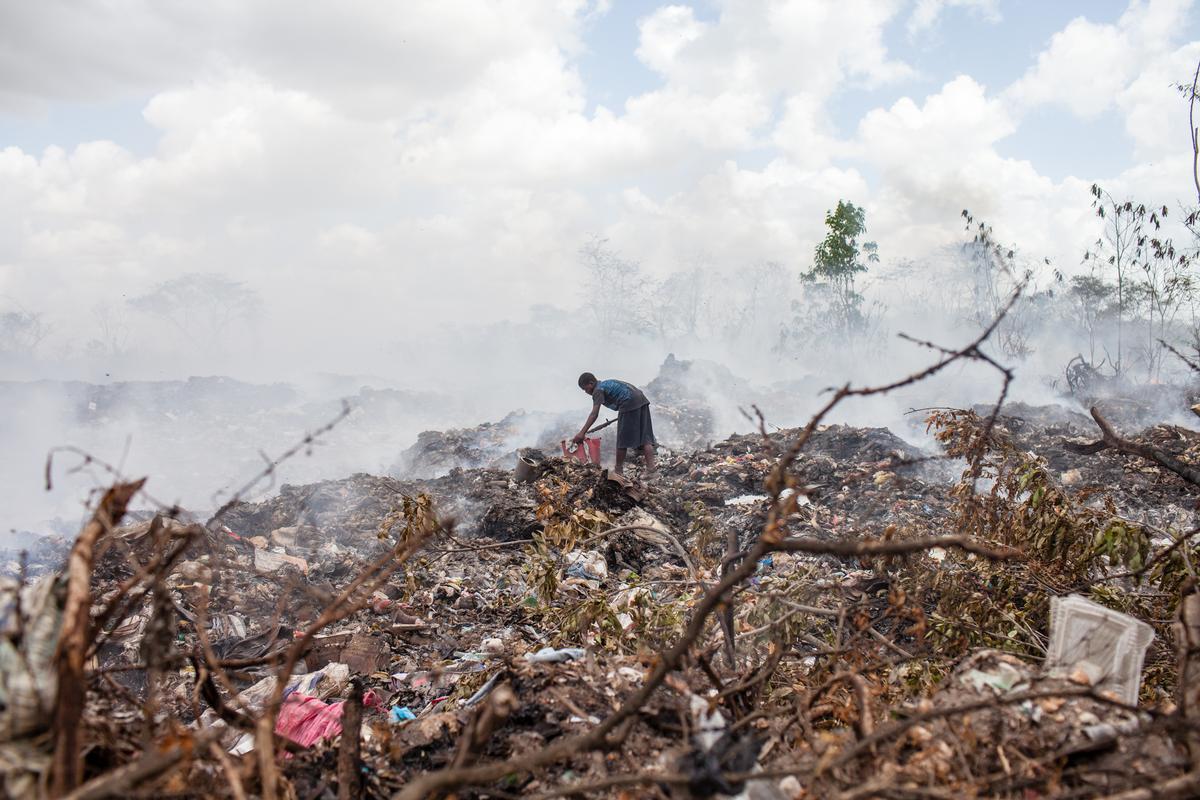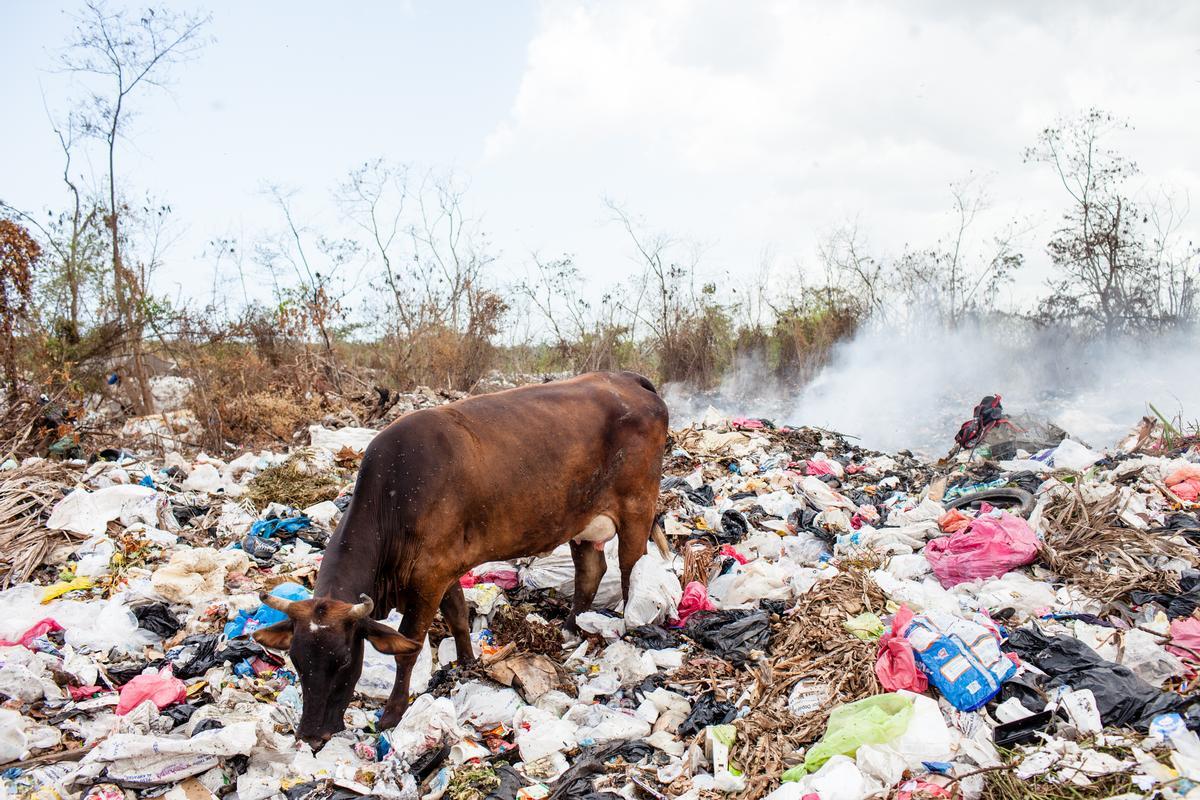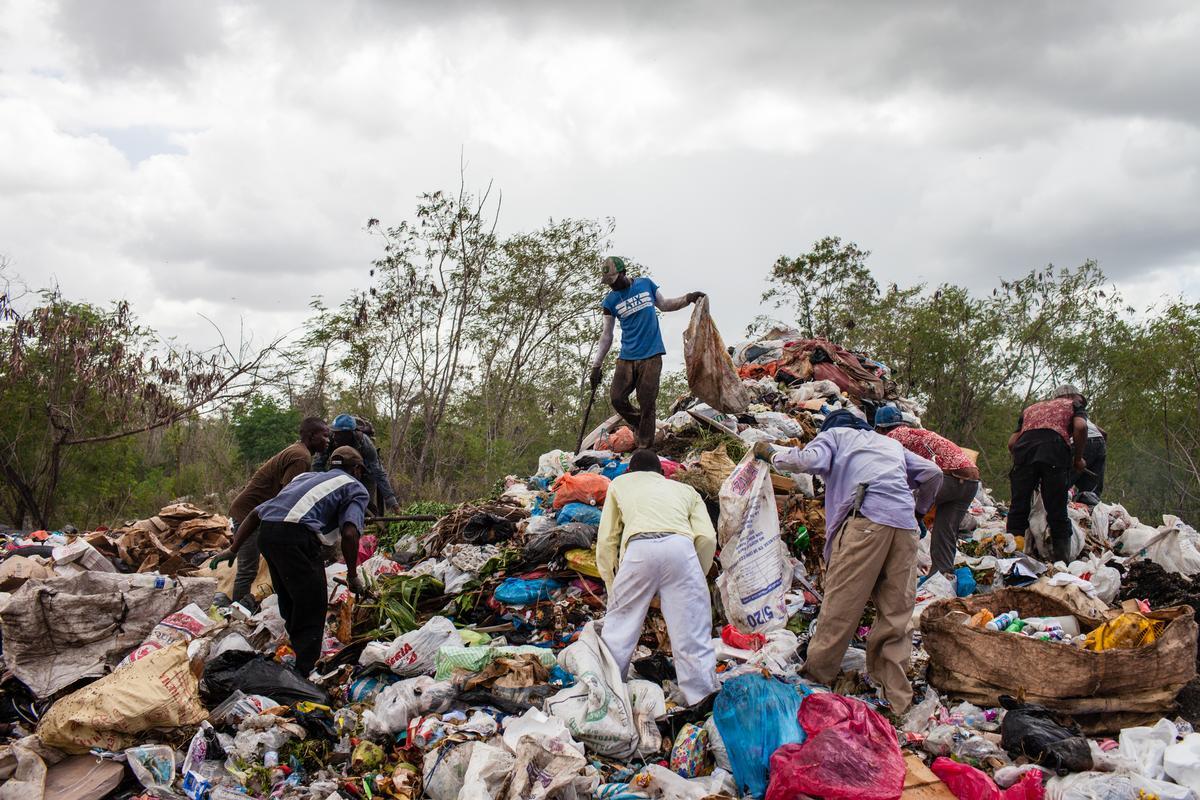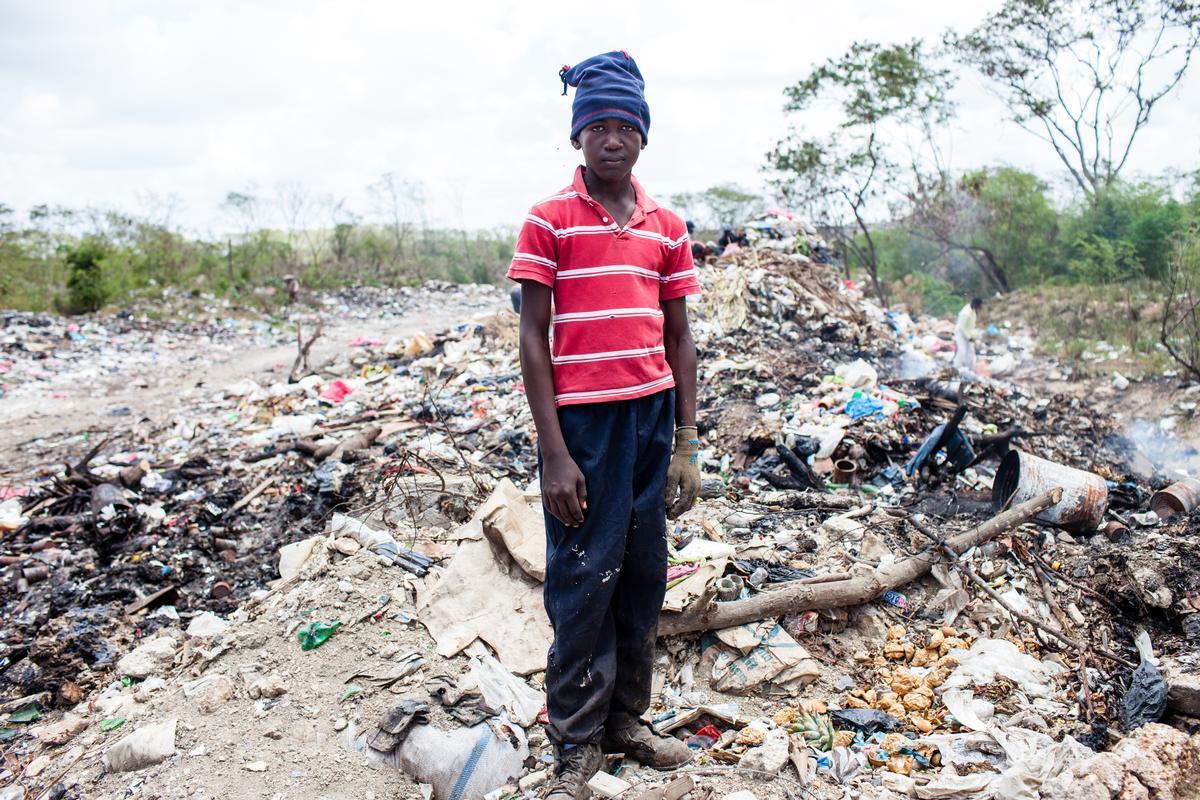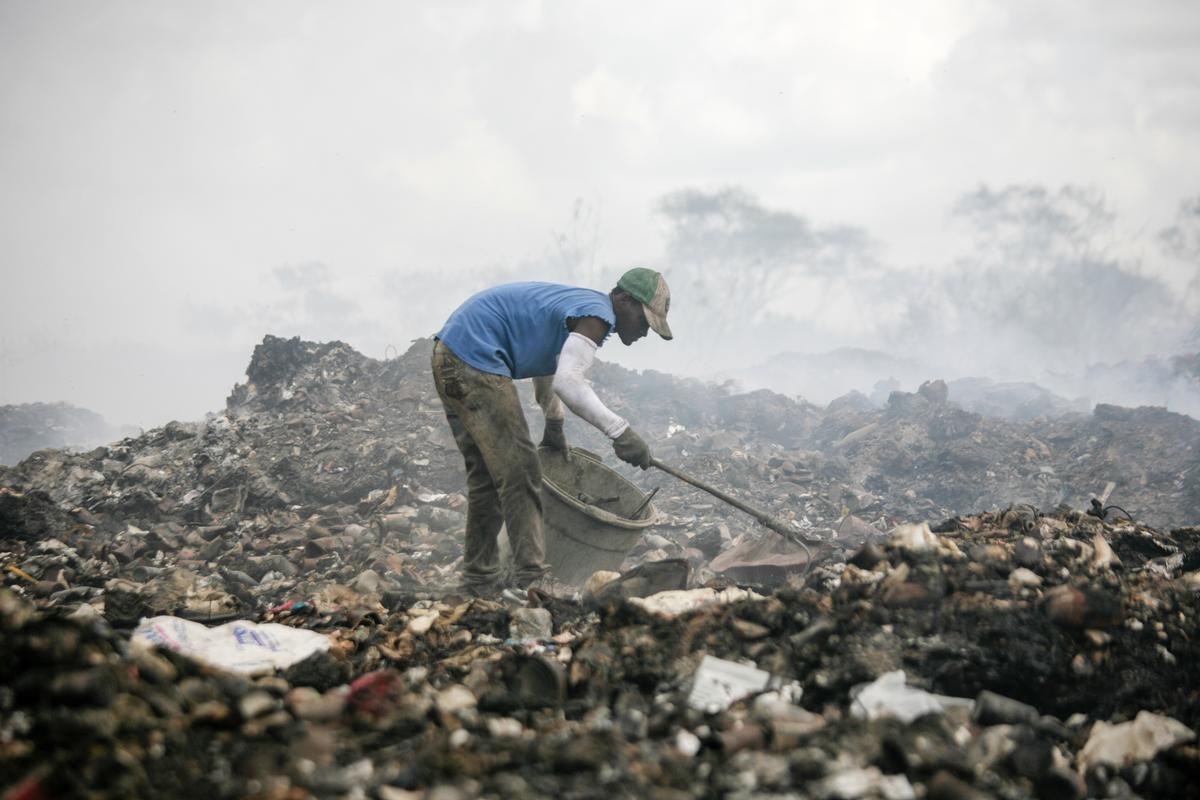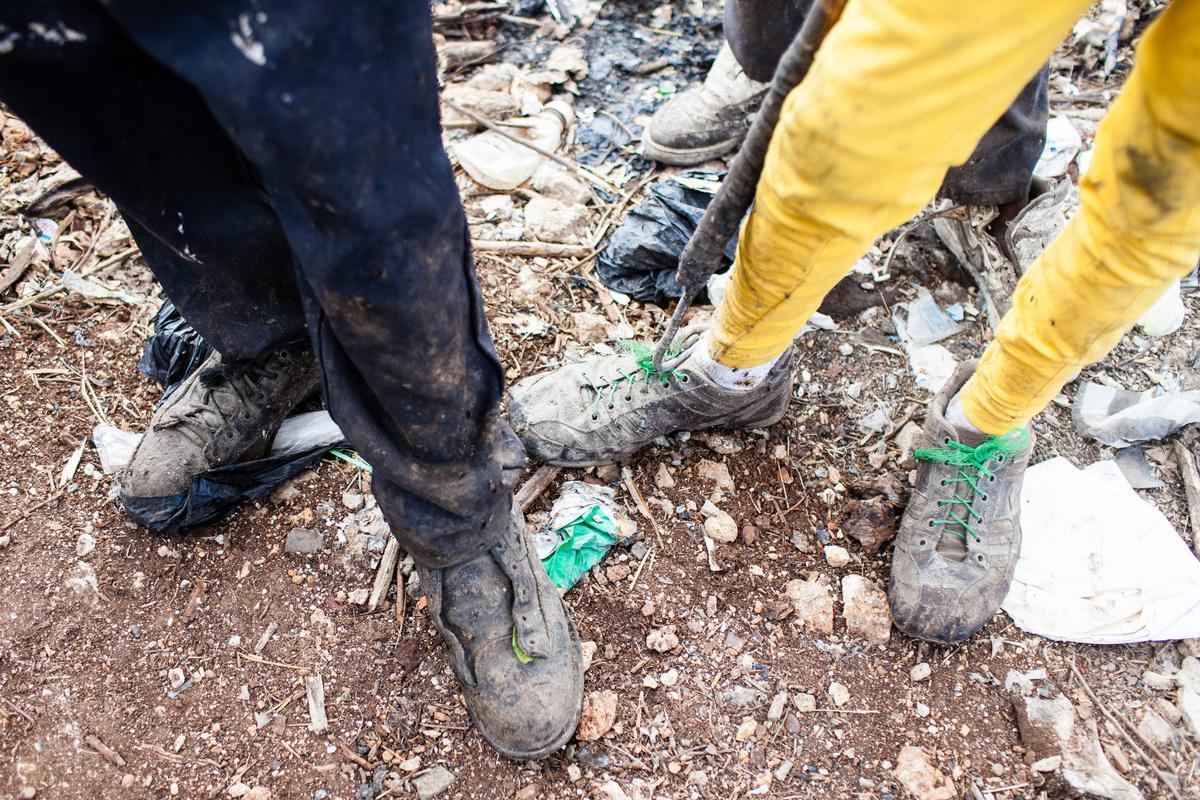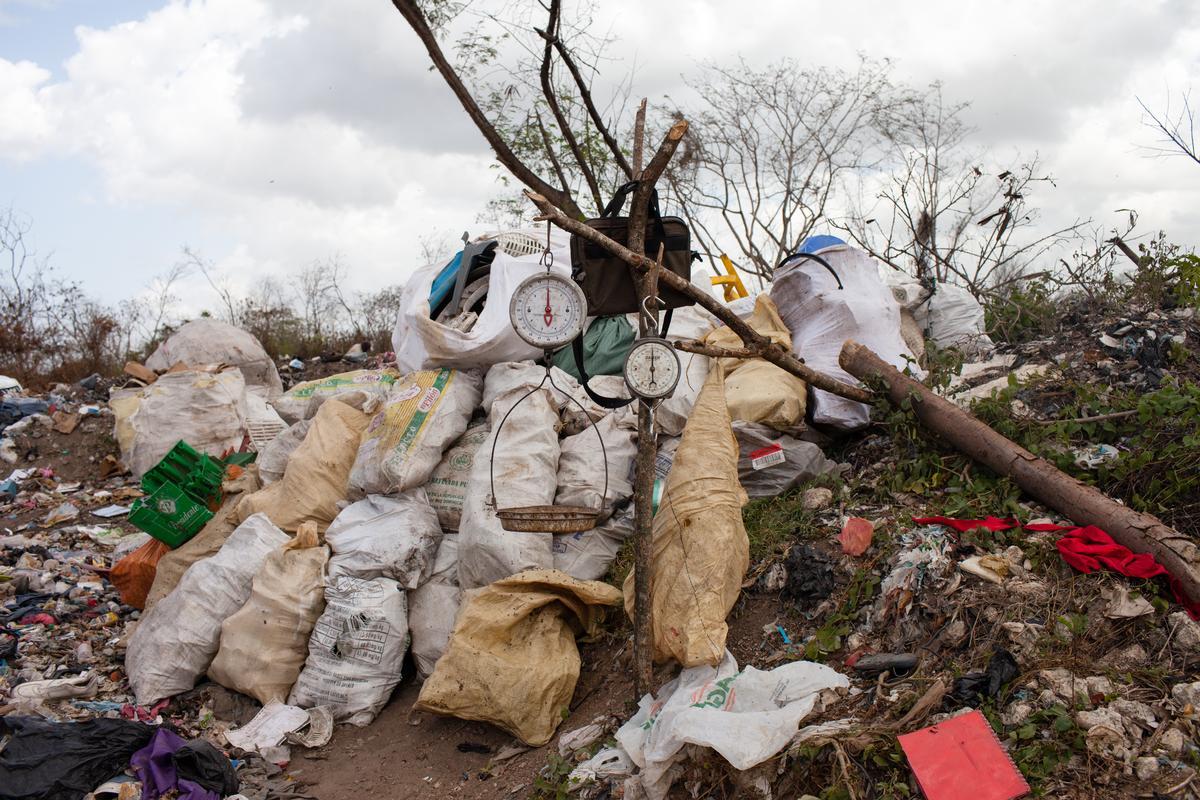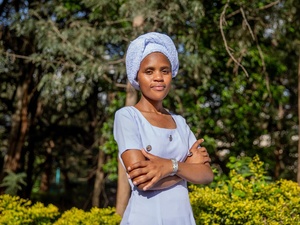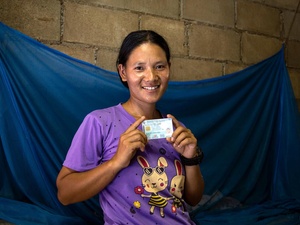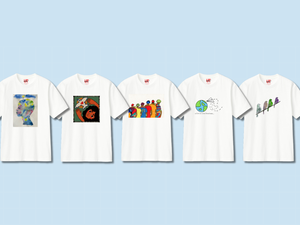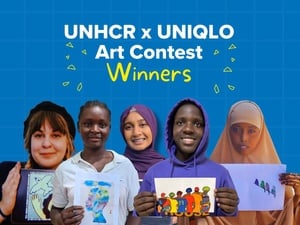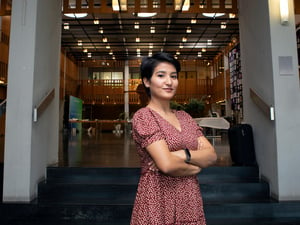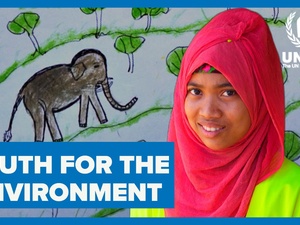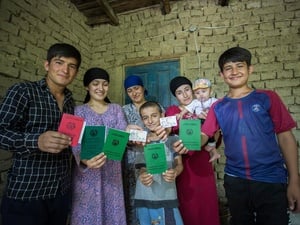The kids foraging for a future
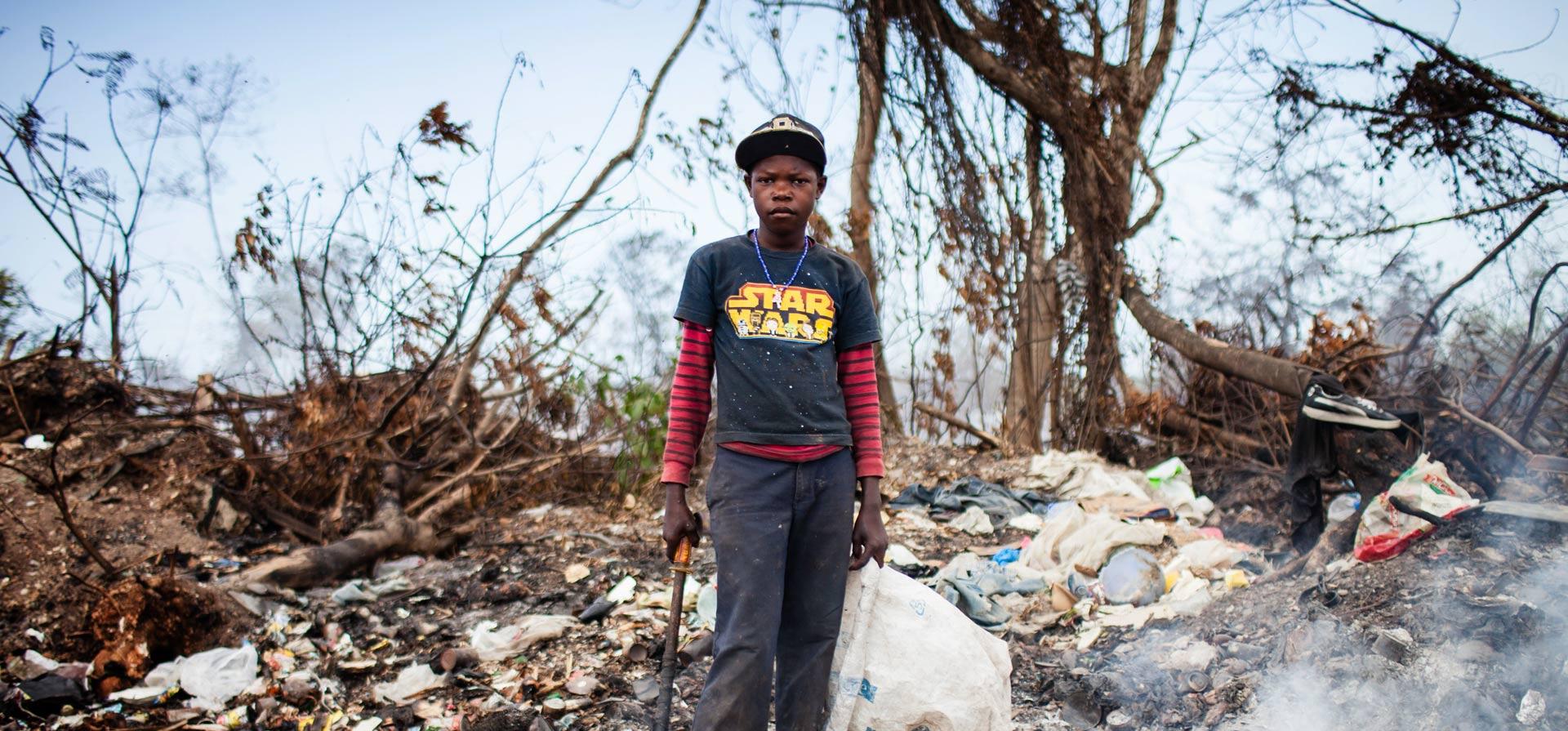
The kids foraging for a future
Joe Hullman looks you in the eye and speaks in Spanish with a calm authority that belies his 13 years. "I am on vacation," he says, referring to his school's summer break, before stepping over the carcass of an unidentifiable animal and using a stick to poke and prod at the ocean of refuse surrounding him.
We are at the San Pedro de Macoris municipal dump, an expansive landfill set between sprawling sugar plantations in eastern Dominican Republic. Joe spends entire days here during the summer, scavenging amid the garbage for any scraps of metal – a pursuit he says can pay up to 50 pesos (just over one US dollar) per day. Like thousands of people in this country, he is stateless and must prepare himself for an uncertain future. Not that this ever stops him dreaming.
"When I grow up I want to be a baseball player," he confesses. "But I don't play baseball this summer."
In 2013, a ruling by the country's Constitutional Court deprived tens of thousands of people of their Dominican nationality. The ruling applied to anyone born in the Dominican Republic, whose parents were undocumented migrants in the country at the time of their birth and was backdated to 1929. The vast majority of those affected are of Haitian descent, a historically marginalised community whose ancestors travelled over the border to work primarily on sugarcane plantations. This includes Joe who, like many teens, finds solace in education.
"I like going to school," he says. "I especially like math."
"If you don't have any papers, anything can happen to you."
Joe's friend, 13-year-old Adrian Jean, also spends his summer vacation days searching for metal at the San Pedro dump. Like Joe, Adrian was born in the Dominican Republic and speaks Spanish with native ease.
But because his parents, both foreigners without a residence permit in Dominican Republic, were born in Haiti, Adrian is not recognised today by either country as a citizen and faces problems obtaining copies or renewals of his birth certificate. He is keenly aware of the effect that this will have on his own life.
“When you turn 18, if you have a cedula [a national identity card] you can work and you know you are going to be able to eat,” he says. “If you don't have any papers, anything can happen to you.”
All across the Dominican Republic, the fate of tens of thousands of families remains clouded by the same uncertainty – a state of limbo that makes daily life difficult and planning for the future practically impossible. They are deprived of fundamental human rights like voting and freedom of movement, employment, healthcare and education. The increase in deportations of Haitian migrants without documentation has brought a sense of an even greater uncertainty to their lives, despite assurances given by the authority that these people will not be deported.
UNHCR is committed to working with the Dominican authorities to find a solution that guarantees protection of their human rights, including the right to a nationality.
For now, all Adrian and Joe can do is continue to dream.


